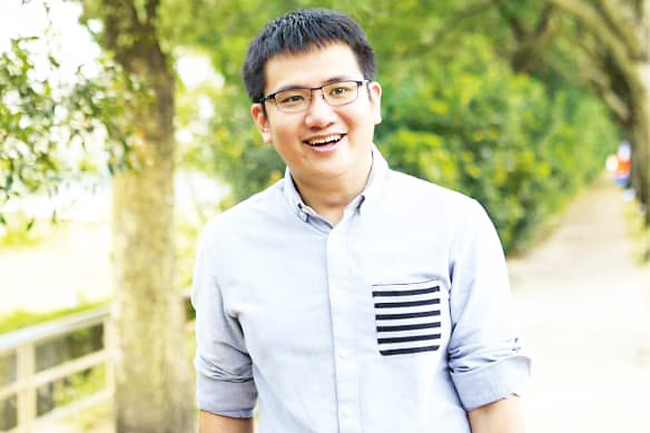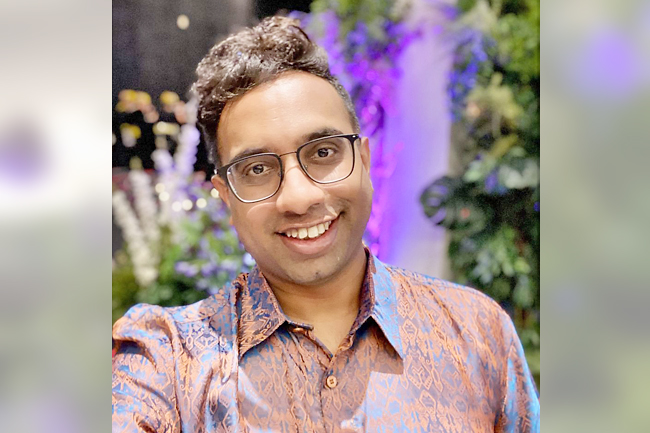ANN/THE STAR – In preventing suicide among children and adolescents, trust plays a crucial role. It’s essential for vulnerable young individuals to have someone they trust to confide in, ensuring they feel heard and understood. Trust is the cornerstone that unlocks the door for individuals to share their struggles.
But the nature of modern life – including the dependence on social media for validation – has somehow made young people appear connected on the outside, but unheard deep inside.
Miri Hospital psychiatrist Dr Ravivarma Rao Panirselvam describes this as the hurt/heard dilemma that often exists in adverse environments.
“Sometimes, when young people convey their difficulties, they are met with invalidating statements. When someone is hurt or in pain, what they need is to be heard,” he said.
Last month, the Malaysian Paediatric Association (MPA) ran a suicide prevention workshop for some 40 first responders – including paediatricians, nurses and school counsellors – underlining the current landscape of young people’s mental health; that more and more of them are fighting battles in their heads that even those close to them don’t know about.
One of the main barriers to identify vulnerable groups is connection, and this needs to be addressed.
“When they come to see you, there’s a need to build rapport and establish trust,” Dr Ravivarma told the participants.



But he also understands that creating rapport immediately is a tall and sometimes unachievable order.
“People who are vulnerable could be left in such positions due to promises unfulfilled and trusts that were broken in the first place.
“So creating a safe and dignified space in any conversation is a good start. This means speaking to the young person in a non-judgemental, validating and respect-ful way.”
That doesn’t mean, however, that adults should agree to everything, especially if something is unsafe.
“Genuine concern helps most of all,” he said.
Dr Ravivarma said some young people become suicidal when there is overwhelming pain and hopelessness and limited resources which lead to them not wanting to live anymore.
“Social connectedness is helpful in alleviating this situation, providing support in a situation where a person could feel truly alone,” he added.
ADULTS NEED TO DECODE
One of the signs of the lack of connection between teenagers and adults is language. Most of the participants at the workshop were in their 30s and 40s. Some have teenage children of their own and they too spoke of communication gap being an issue.
Clinical psychologist Pheh Kai Shuen, who was another trainer at the workshop, said young people could express self-harm acts in their language, which adults may not understand.
“We need to be aware and understand the languages they speak and what some phrases they use could mean,” he said.
Pheh, who is also head of programme at Universiti Tunku Abdul Rahman’s (UTAR) department of psychology and counselling said understanding the language of young people promotes better communication.
“It’s important to take the time to learn the slang, abbreviations and digital communication methods that they use. This might involve researching, asking for explanations or even using resources like online dictionaries specific to youth language.
“Finally, we must acknowledge and respect the individual and generational identities of young people. Understanding that they may have unique perspectives and experiences helps adults appreciate the nuances of their language,” he said.
Pheh also advised adults to practise “generational humility”, focusing on what matters most to the younger person and maintaining a people-centric approach in their interactions.
“A good place to start is by examining our own biases, assumptions and preconceived notions about the language and communication of young people, because our own experiences and generational differences may influence our understanding.
“Adults should also practise active listening. Give the young full attention and refrain from immediately imposing our own interpretation or judgement on what they are saying,”
he said. The aim of these is to achieve effective communication. “This enables adults to provide the support and guidance that young people need, whether it’s related to personal issues, academics or decision-making. It also helps to prevent or resolve conflicts and misunderstandings, reducing tension and fostering a more harmonious relationship,” he said.
PARENTING STYLES AND MENTAL HEALTH
Parenting styles are often classified based on two key dimensions – demandingness and responsiveness – which map how parents balance setting expectations and boundaries with emotional support and responsiveness to their children’s needs.
The recommended parenting style is authoritative parenting, where parents have clear demands, with expectations and rules for their children. In return, the parents’ responsiveness is also very high. They provide emotional support, open communication and understanding.
“Authoritative parenting typically results in positive mental health outcomes.
“Children with these parents are clear about the expectations adults have towards them, understand the boundaries that they have, and receive warmth and nurturing emotional support from their parents,” Pheh said
But despite having authority, Dr Ravivarma cautioned parents (and adults in general) against thinking that “they know best”.
When young people feel that the person they’re confiding in genuinely cares about their well-being, it fosters a sense of trust and emotional connection.
Pheh said a pair of attentive ears, complemented by a compassionate and non-judgemental heart, forms a safety net for the emotional struggles and issues that young people grapple with.
Dr Ravivarma agrees. “We can also look out for people who are not coping well and reach out to them. Offer a listening ear even when we don’t have solutions. We can also link them to services or people who can help them.” – Syida Litza Amirul Ihsan


